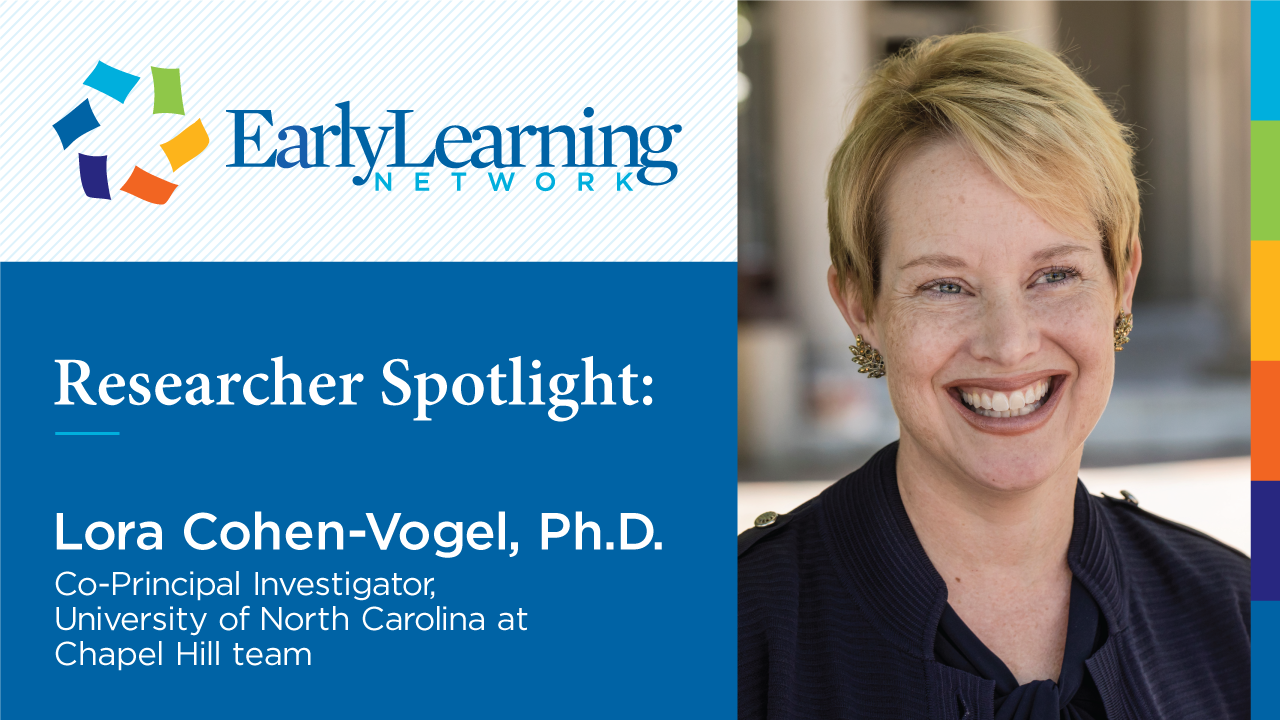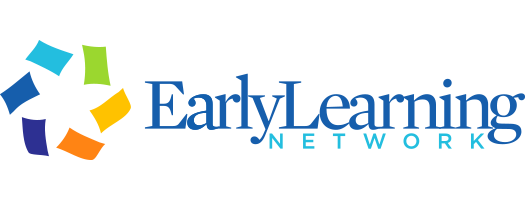
08 Aug Researcher Spotlight: Lora Cohen-Vogel, University of North Carolina at Chapel Hill
Q&A with Lora Cohen-Vogel
Co-Principal Investigator, University of North Carolina at Chapel Hill
Frank A. Daniels Professor of Public Policy and Education, School of Education
The University of North Carolina at Chapel Hill’s Lora Cohen-Vogel shares her perspective on the Early Learning Network’s research program in North Carolina, which focuses on educational practices and policies in rural contexts.
Cohen-Vogel is interested in how state and local policies affect children’s ongoing academic success, and emphasizes the need to provide high-quality, actionable research to practitioners.
Read the full Q&A below.
What is your role in the Early Learning Network?
I am a Co-Principal Investigator for the Early Learning Network project at the University of North Carolina at Chapel Hill. I lead Study 1, which considers how state and local policies mediate early learning in North Carolina.
What makes you most excited about the Early Learning Network?
As an improvement specialist, I’m thrilled to see the national project using some features of networked improvement communities. By networking across research sites, we can learn about what works more quickly, and as a result, increase the speed at which we can improve outcomes for young children.
What strengths or distinctive attributes does the UNC team bring to the Early Learning Network?
Our work at UNC focuses on the conditions that shape early learning in rural contexts. This is important because four out of 10 students in North Carolina are enrolled in schools in rural districts, and students who reside in rural areas exhibit lower levels of academic achievement and a higher likelihood of dropping out of high school than their non-rural counterparts.
What challenges have you encountered thus far in your project?
Traveling to these rural districts, I see great need not only for access to high-quality research but also to ensure that the research is actionable. There is rarely a district administrator in these often underfunded contexts whose responsibilities cover research review and translation. There is an appetite among practitioners for meaningful information. As a community of researchers, we are not yet giving it to them in the form they need to take action on behalf of the students they serve.
What are you most looking forward to in the coming months?
Our findings reveal that the degree of alignment among standards, curricula and assessments in North Carolina is stronger within pre-K and kindergarten than it is between them. Put differently, work is needed to bring the two sectors that provide preschool programming and K-12, respectively, into alignment.
In Raleigh, a new Birth-to-Grade 3 Interagency Council has just begun its work. The council is charged with establishing a vision for a birth-to-third grade early education system, including standards and assessments, teacher and administrator preparation, and funding. I’m looking forward to following their progress. As barriers to alignment are lifted, it will be critical for researchers to evaluate the impacts on child outcomes.

